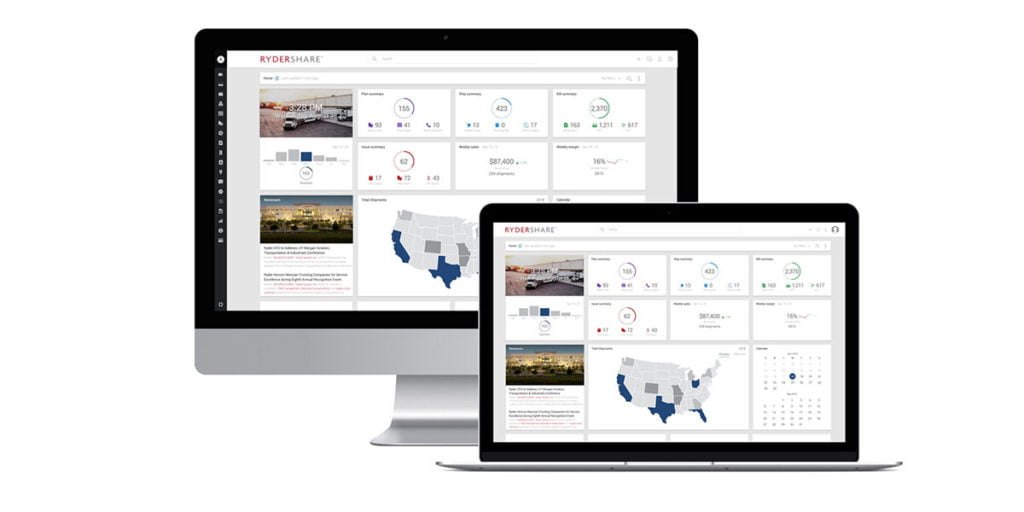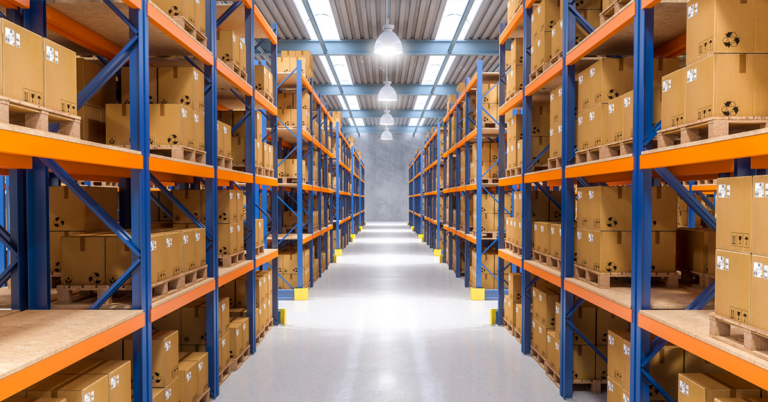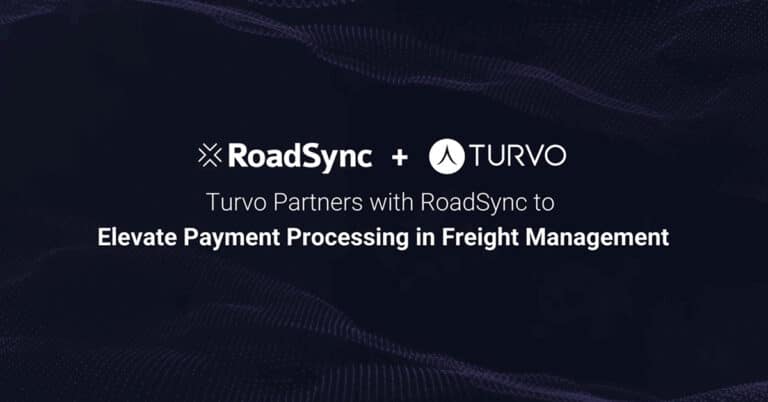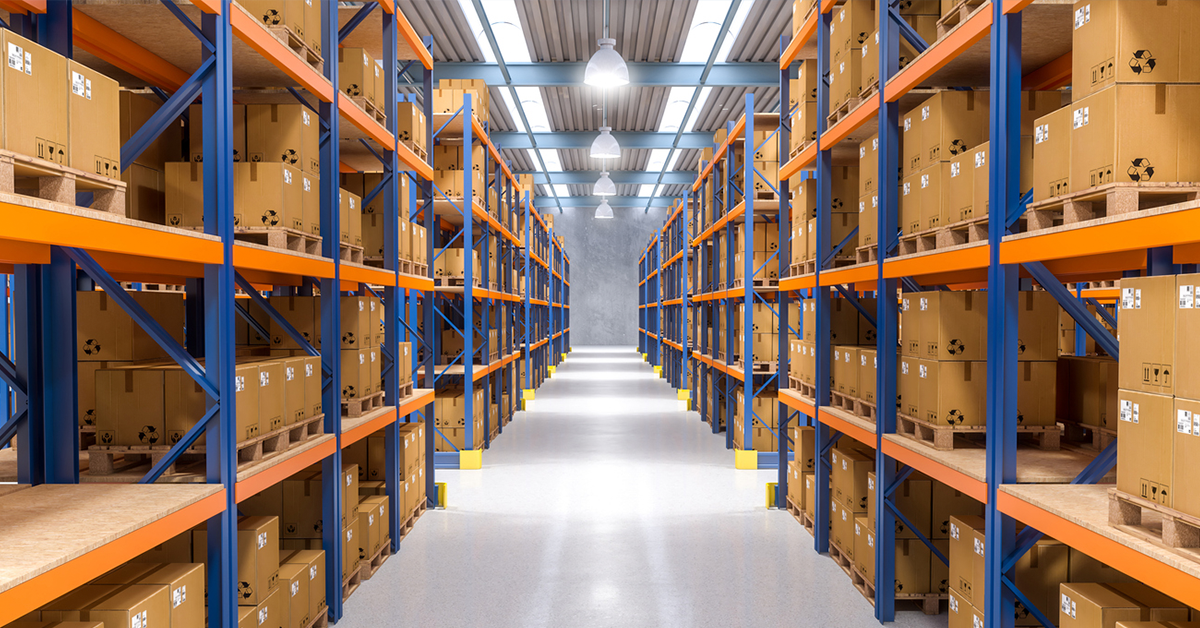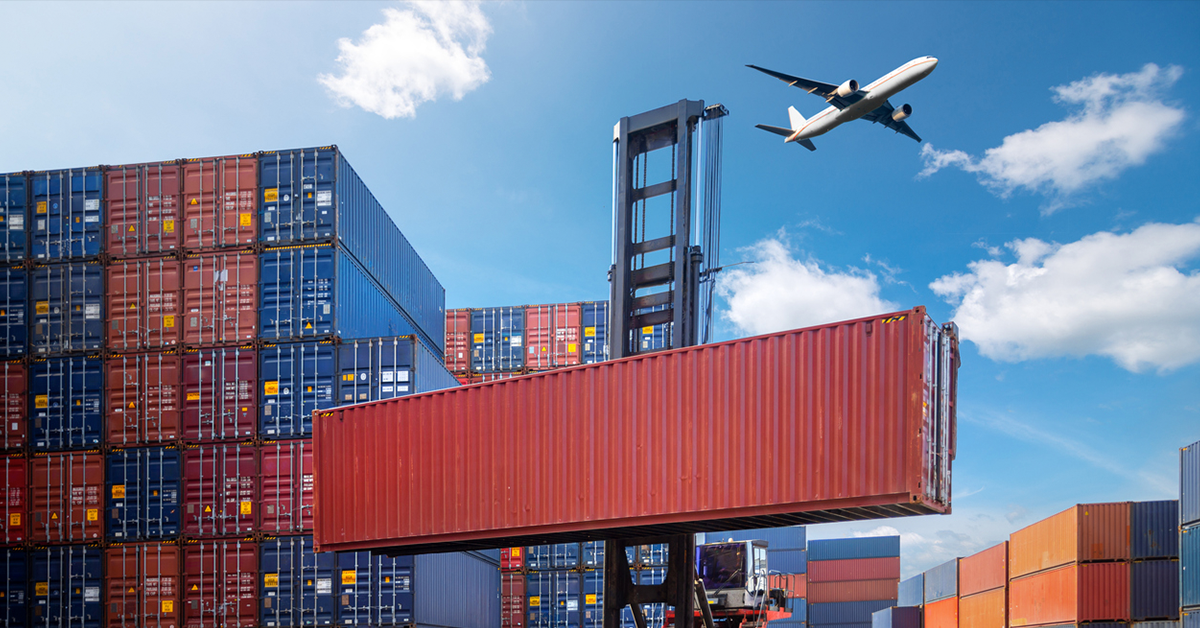Transportation is essential to every business globally that sells or buys products. In global trade, companies that can carry freight in the most cost- and time-effective manner gain a significant competitive advantage over their competitors. Companies today use Transport Management Systems (TMS) as a vital element of their supply chain and logistics strategy to gain this advantage.
Today’s modern TMS platforms enable businesses to plan, execute, and optimize product movement, resources, and people efficiently, reliably, and cost-effectively by offering visibility into day-to-day transportation operations.
But due to their expensive implementation and maintenance costs, top-tier TMS solutions have been limited to large shipping and 3PL organizations. Most small and medium-sized companies cannot reap the benefits of transport management systems. To make TMS more accessible and inexpensive to a more significant number of small and mid-sized businesses, most product development companies have shifted their focus to producing cloud and Software as a Service (SaaS) solutions. Enterprises with limited annual logistics expenditures can now afford to deploy modern TMS solutions. Gartner forecasts a 15 percent increase in TMS adoption among small to mid-sized businesses, with some providers reporting growth rates of over 20 percent in these sectors.
The next big thing in TMS
Advanced Transport Management Systems will integrate with evolving technologies or come as add-on products for companies to integrate with their existing TMSs. Some of the crucial technology advancements discussed below are imminent.
AI & Machine Learning: By applying artificial intelligence and machine learning to historical data and patterns, transportation management systems (TMS) may better anticipate transit time, plan capacity, and identify at-risk shipments (such as perishable commodities and time- or temperature-sensitive products).
Blockchain will increasingly be utilized to construct sophisticated connections between shippers, customers, and carriers. Each party will connect to the blockchain, with shippers and customers receiving the public key for total shipment visibility. Carriers will have more restricted access, allowing them to update the blockchain but preventing them from viewing its history.
5G and IoT: Internet of things (IoT) devices and sensors will make real-time fleet monitoring the norm utilizing 5G. These technologies will provide visibility to real-time driving conditions, routes, temperatures, and risks or delays, while the goods are still in transit. It is anticipated that this will reduce fuel and maintenance costs, lower delays, and increase safety. In the current era of pandemics, we have witnessed the importance of cold chain management. Vaccines, for instance, must be transported at temperatures of -70 degrees Fahrenheit. The entire supply chain can be monitored for transportation, with real-time data sent to the business and regulators, as required.
Last Mile Delivery: With big brands, manufacturers, and retail companies turning their focus to eCommerce, last-mile delivery has become the focus of most shippers and forwarders. Integration of a last-mile delivery solution into the TMS will enhance the visibility and the customer experience, even for the end customers.
Customer Support and Digital Assistants: Digital assistants, which are an advanced form of chatbots, provide instant, conversational solutions to questions regarding shipment information, which ultimately results in enhanced customer satisfaction. It’s likely that in the future, digital assistants will be more customizable and prescriptive. These digital assistants will be able to provide real-time updates to the carriers and customers based on the info generated by the AI/ML, Blockchains, and 5G/IoTs of these advanced TMS systems. They will also act as a feedback loop for the TMS to understand the customer’s needs and behavior and highlight customer dissatisfaction to human counterparts handling those accounts.
The future of TMS appears to be quite bright. Future TMSs will drive board-room discussion in logistics companies with the enormous amount of data they will capture and process. They will become more holistic solutions than just standalone tools for transportation management. But to remain competitive in a constantly evolving market, TMS product providers must develop solutions that attract small and midsize businesses to make bold and strategic decisions more than ever.
If you are looking for great Collaborative TMS solutions, Turvo is the right partner. Turvo provides the world’s leading Collaborative TMS application for the supply chain. Turvo connects people and organizations, allowing shippers, logistics providers, and carriers to unite their supply chains, deliver outstanding customer experiences, collaborate in real-time, and accelerate growth. The technology unifies all systems, internal and external, providing one end-to-end solution to execute all operations and analytics while eliminating redundant manual tasks and automating business processes. Turvo’s customers include some of the world’s most considerable Fortune 500 logistics service providers, shippers, and freight brokers. Turvo is based in the San Francisco Bay Area with offices in Dallas, Texas, and Hyderabad, India.

